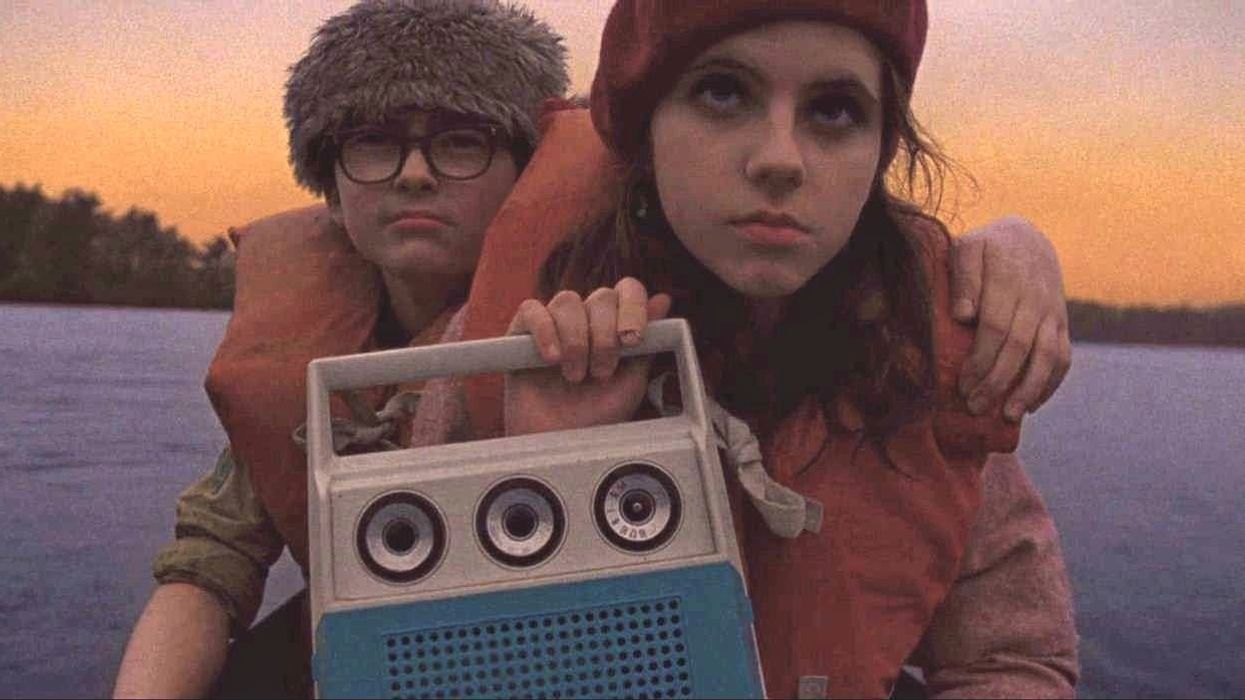Watch: The Childhood Whimsy of Wes Anderson
How do the children in director Wes Anderson's films always seem more grown up than the grown ups?

One thing you might immediately recognize about Wes Anderson's work is the visual style: anamorphic lenses, symmetry, pastel color palettes that seem to have been sourced from a 1960s fashion catalogue. The cinematography, music, set design, and costuming in all of his films remind us of childhood, a time when life was simpler, but the narrative content is really anything but.
Instead, the stories Anderson tells touch on heavier "adult" topics, like death, failure, and fear, which creates a unique mixture of what is youthful and innocent with what is old and jaded. This aspect of the director's work is explored in this Fandor video essay by Philip Brubaker, which shines a light on how Anderson uses certain cinematic tools to create whimsically melancholic worlds that exist in an ageless realm.
Like all films, Anderson's aren't without their problems, but the director truly is a master of world creation. His style is iconic and beautiful and unique, and because it is, one might assume its sole purpose is to be just that: iconic, beautiful, and unique.
However, if you dig into the deeper themes of not only Anderson's films individually, but of his body of work as a whole, you begin to see, as Brubaker reveals in his video essay, a method to his 1960s-happy/sad-pastel-painted madness. Anderson turns his iconic visual style into a statement about the universe in which his stories take place. Yes, it's quirky and funny to see an adolescent boy wearing a suit, sipping coffee, and running a business out of his bedroom, but it's tragic to see that same boy grow into a man who wears matching track suits with his sons and throws fits when he doesn't get what he wants. It's progression and regression; it's a boy who copes by pretending to be a man and it's a man who copes by pretending he's still a boy.
You see this theme in just about all of Anderson's films, from Bottle Rocket to The Grand Budapest Hotel, which actually makes me want to re-watch the whole lot of them so I can actually appreciate the young/old dichotomy more appropriately.
Source: Fandor Keyframe
















